Facing financial hardship as a homeowner in the DMV (D.C., Maryland, Virginia) area can be overwhelming. Two common options for those struggling with mortgage payments are short sales and foreclosures. Understanding the differences between these processes is crucial for making informed decisions about your financial future.
What Is a Short Sale?
A short sale occurs when a homeowner sells their property for less than the amount owed on the mortgage, with the lender’s approval. This option is typically pursued when the homeowner is experiencing financial difficulties and aims to avoid foreclosure. The process involves listing the property, finding a buyer, and negotiating with the lender to accept the reduced payoff amount. While a short sale can negatively impact your credit score, the effects are generally less severe compared to a foreclosure.
What Is a Foreclosure?
Foreclosure is a legal process initiated by the lender when a homeowner fails to make mortgage payments. In this scenario, the lender repossesses the property and sells it to recover the outstanding loan balance. Foreclosures can have a significant negative impact on your credit score and may remain on your credit report for several years. Additionally, the foreclosure process can be lengthy and may involve legal proceedings.
Key Differences Between Short Sales and Foreclosures
| Aspect | Short Sale | Foreclosure |
| Initiation | Voluntary by homeowner | Initiated by lender |
| Credit Impact | Moderate negative effect | Severe negative effect |
| Process Duration | Can be lengthy due to negotiations | Varies; legal process can be time-consuming |
| Control Over Sale | Homeowner has more control | Lender controls the sale process |
| Deficiency Judgment | Possible, depending on lender agreement | More likely, depending on state laws |
Choosing the Right Option in the DMV Area
In the DMV region, laws and regulations regarding short sales and foreclosures can vary. It’s essential to consult with professionals who understand the local real estate market and legal landscape. For instance, Maryland requires judicial foreclosure, meaning the lender must go through the court system, which can extend the process. Virginia, on the other hand, allows non-judicial foreclosures, which can be quicker.
Considering these differences, a short sale might be a more favorable option if you wish to have more control over the sale process and potentially lessen the impact on your credit. However, each situation is unique, and it’s crucial to assess your circumstances carefully.

How Brickfront Properties and Construction Can Help
Navigating the complexities of short sales and foreclosures requires expertise and local knowledge. Brickfront Properties and Construction offers comprehensive services to assist homeowners in the DMV area. Their team can guide you through the short sale process, negotiate with lenders on your behalf, and help you understand your options.
By partnering with Brickfront Properties and Construction, you gain access to professionals who are well-versed in the nuances of the local real estate market. They can provide personalized solutions tailored to your financial situation, ensuring you make informed decisions every step of the way.
Conclusion
Deciding between a short sale and foreclosure is a significant decision that can have lasting effects on your financial health. Understanding the differences between these options is the first step toward making the best choice for your circumstances. If you’re facing financial difficulties with your mortgage in the DMV area, consider reaching out to Brickfront Properties and Construction for expert guidance and support.


